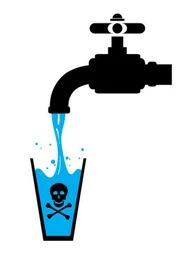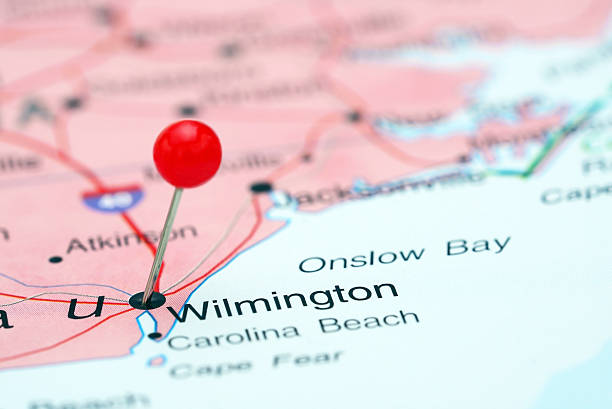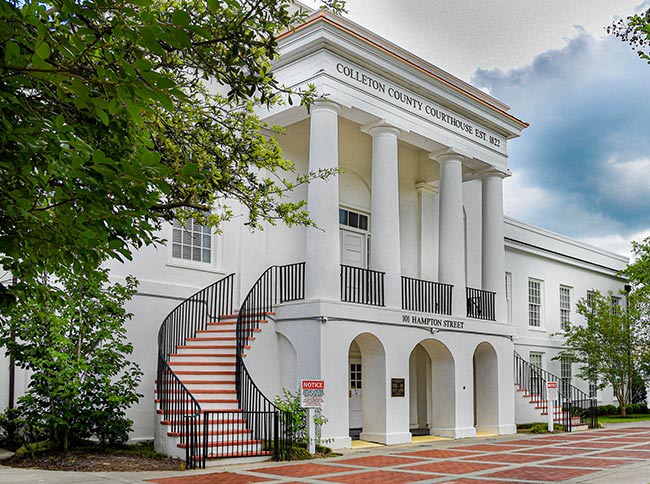Wilmington’s Most Dangerous Intersections
March 3rd, 2023
As the Wilmington area continues to grow, more drivers will be on the roads, ultimately increasing the likelihood of car accidents. WECT News compiled a list of some of the worst intersections for car accidents in the area that were reported from 2018-2021. It should be noted that the volume of traffic is what contributes to the number of accidents on these roads and these intersections are not more/less dangerous than other roads and intersections.
The worst intersections for car accidents reported between 2018-2021 in New Hanover County are as follows:
1. College Road & New Centre Drive
- 171 accidents were reported at this intersection and the most common type of accident at this intersection is angle accidents (includes T-bone collisions).
2. Kerr Avenue & Market Street
- 124 accidents were reported here, and angle accidents were the most common accident type. However, NCDOT has made improvements to Kerr Avenue over the last few years and left turns are now prohibited at the intersection.
3. College Road & Oleander Drive
- 108 accidents were reported at this intersection and the most common accident type was rear-end accidents.
4. Market Street & New Center Drive
- 106 accidents were reported at this intersection and angle accidents were the most common accident type. Although New Center Drive is a short road, the volume of cars on that road is high, partially due to the several commercial businesses located there.
5. College Road & MLK Parkway
- 101 accidents were reported here, and rear-end collisions are most common at this intersection. This roadway is heavily traveled, especially since vehicles coming from and heading to Interstate 40 end up at this intersection and onto College Road.
6. College Road & Randall Parkway
- 99 accidents were reported here, and rear-end collisions are most common at this intersection. This heavily traveled intersection is near UNCW.
7. Gordan Road & College Road
- 93 accidents were reported here and rear-end collisions are most common at this intersection.
8. Gingerwood Drive & Market Street
- 89 accidents were reported here, and angle accidents are most common at this intersection.
9. Fifth Street and Wooster Street
- 88 accidents were reported at this intersection over the three-year period.
10. Third Street and Wooster Street
- 84 accidents reported here. Only two blocks away from Third & Wooster intersection, this is a common site for high traffic volume because it leads drivers across the Cape Fear Memorial Bridge.
Unfortunately, car accidents occur and are sometimes out of one’s control. However, if you are hurt in a motor vehicle collision, you may be able to recover from the “at fault” driver who caused the accident. In North Carolina, you can receive compensation for pain and suffering by filing a claim for personal injuries. If a person’s death resulted from a collision caused by another driver’s negligence, a wrongful death claim (type of personal injury) could be filed. We hope it will not become necessary, but if you or a loved one find yourself in need of an attorney for a serious personal injury, or you get into trouble with a criminal matter, or receive a traffic ticket in New Hanover, Pender, or Brunswick County, please give our office a call at 910-793-9000 for a confidential consultation.
By Bryanna Gordon, Legal Assistant









